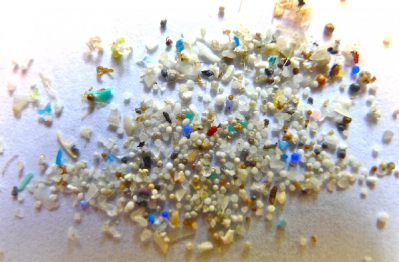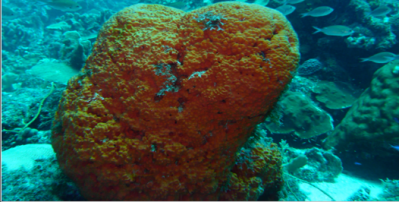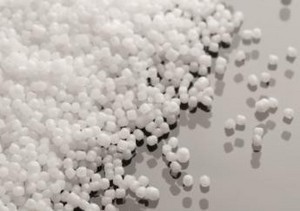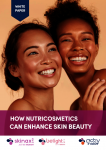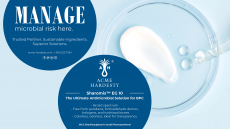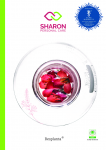New York seeks to be first State to ban plastic microbeads
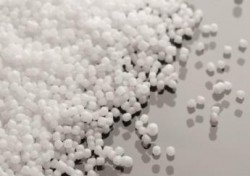
Long Island Environmental Conservation Committee Chair Robert K. Sweeney joined the AG in proposing the ‘first-in-the-nation' legislation that bans a form of plastic pollution, that they say is an emerging threat to New York’s Great Lakes and other bodies of water.
Micro-beads have commonly been used as exfoliants in skin care scrubs, shower gels and soaps. These abrasives then get rinsed down the drain and are not able to be filtered out at sewage treatment plants.
This ‘Microbead-Free Waters Act’ would prohibit the production, manufacture, distribution and sale in New York of any beauty product, cosmetic or other personal care product containing plastic particles less than 5 millimeters in size.
According to Sweeney; “When people learn more about this issue, they will be unwilling to sacrifice water quality just to continue to use products with plastic microbeads."
Cosmetics industry is making efforts to introduce alternatives
Some of the biggest cosmetic and personal care producers have already made moves to ban them from formulations in a bid to avoid plastic pollution.
Three leading beauty product manufacturers – Proctor and Gamble, Unilever and Colgate-Palmolive – have all made recent commitments to phase out the use of microbeads in their products.
Other companies, such as Burt’s Bees, have never used these plastics in their products. Consumers can determine if their beauty or personal care products contain microbeads by checking the product ingredient list for “polyethylene” or “polypropylene.”
Meanwhile; researchers at the Virginia Institute of Marine Science recently revealed that a grant had given them the resources to develop a PHA-based micro-bead for cosmetic products with a far lower environmental impact.
The $60,000 scholarship, from the Virginia Innovation Partnership, was awarded to Dr Kirk Havens and assistant professor Donna Bilkovic to develop and test a biodegradable replacement.
The researchers have already begun creating batches of microbeads in the laboratory; testing various formulations and processes for producing beads of different color and size-from 1 to 100 microns.
